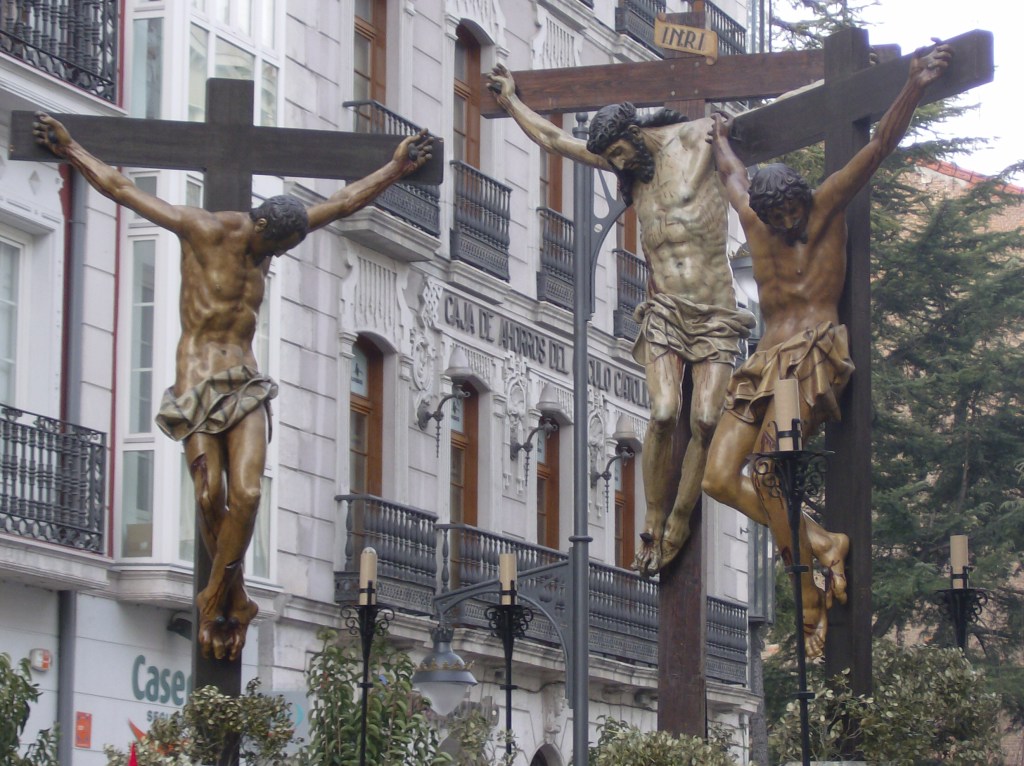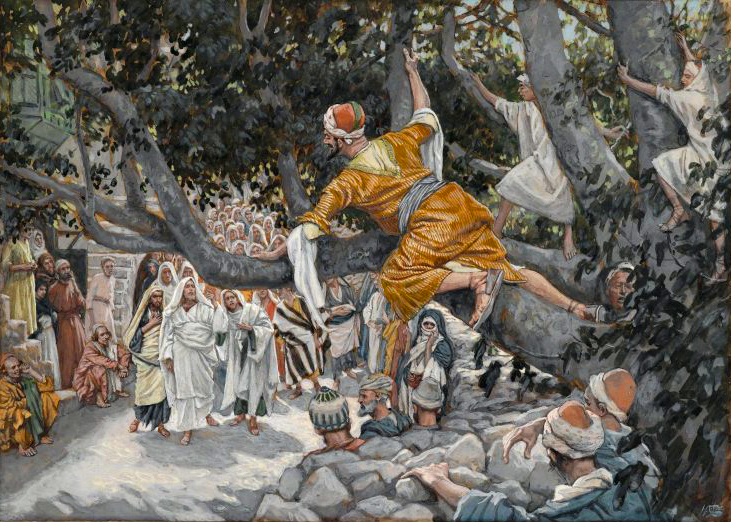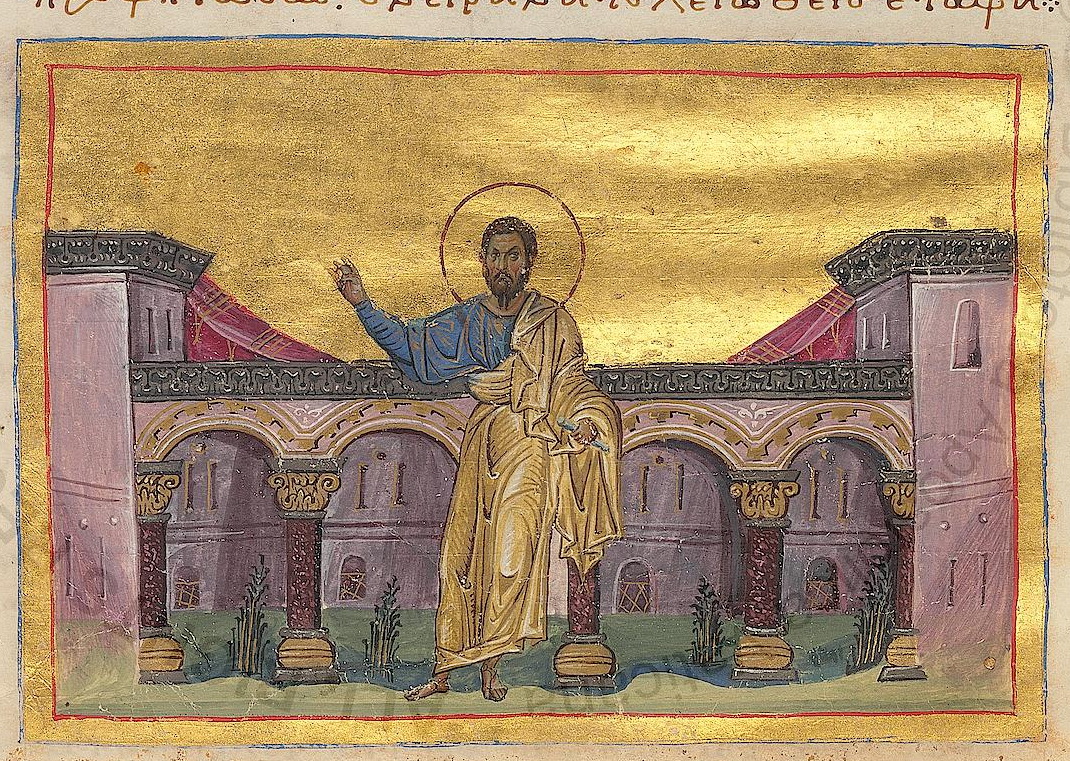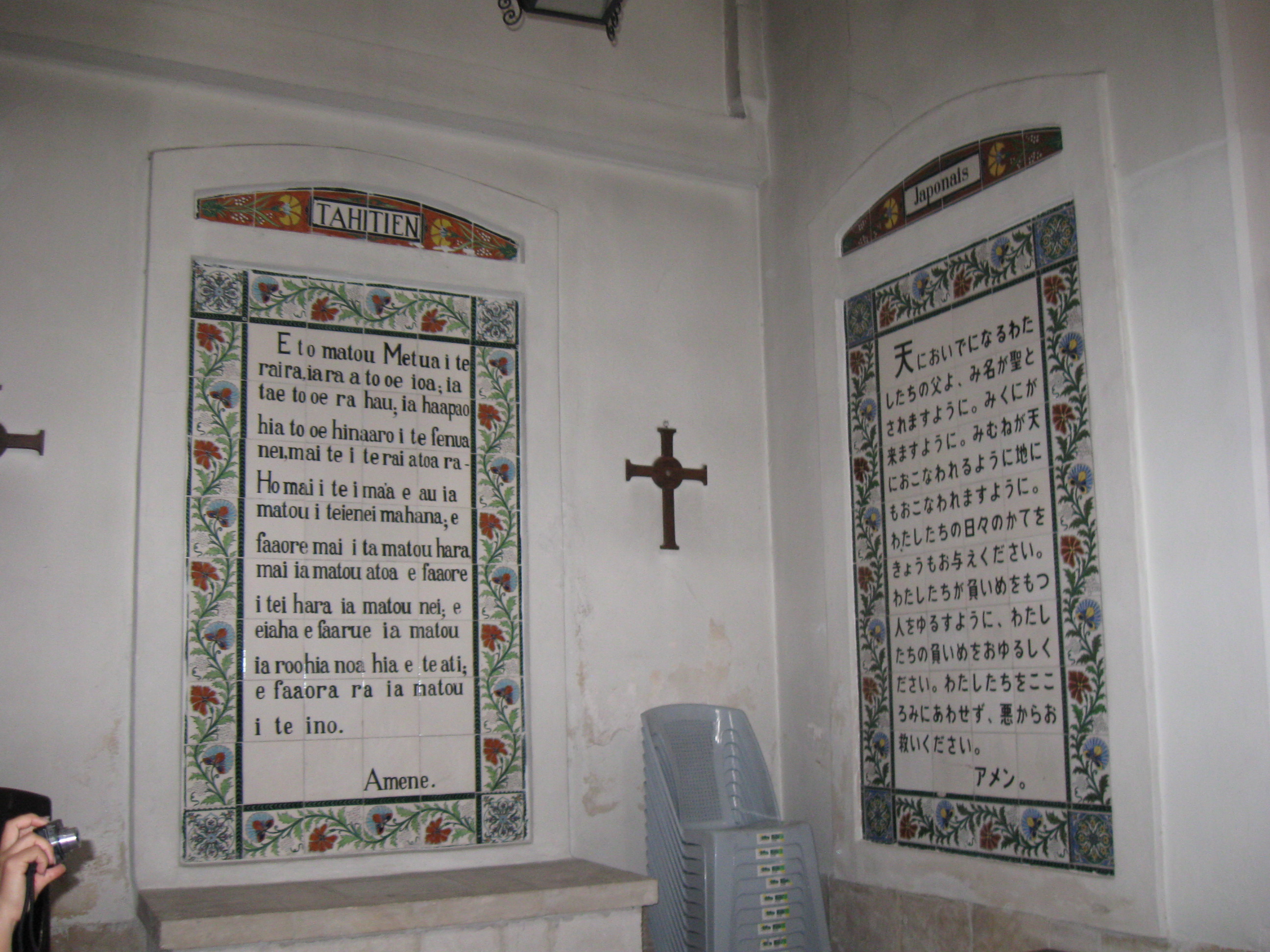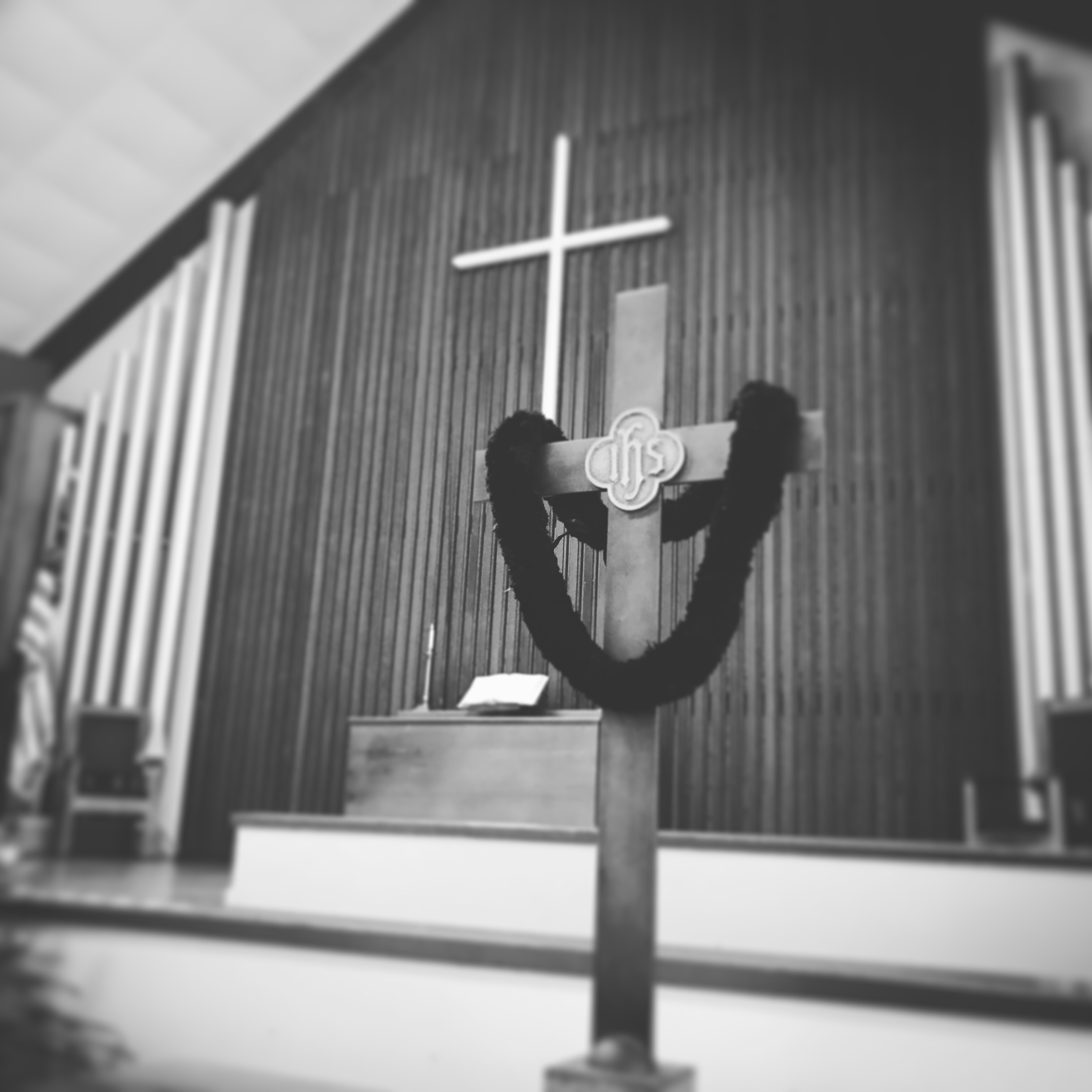
“[Jesus said,] ‘So my heavenly Father will also do to every one of you, if you do not forgive your brother or sister from your heart.'” – Matthew 18:35
I’ve done it, Jesus. I have granted my release
to people who have hurt me. They confessed their fault,
they offered restitution. I said, “I forgive you,”
and I meant it. We reforged our peace.
I’ve done it, Jesus. I have bade farewell
to consequences that I might have asked.
Though truthfully, I’d never have received them
from these ones who never owned their harm.
I’ve done it, Jesus. I have asked for true
confession from the ones who’ve hurt me, though
they’ve offered only their excuse and not
acknowledged any harm.
And I wish that I could do it, Jesus.
I wish that I could set aside the hurt
that aches within, despite the glib assurance
that they hurt me, “for the best.”
What is forgiveness offered when I’m told
my hurt was for my good, my harm
a temporary thing, when it has lingered
on and on and on?
I’ve done it, Jesus. But
I do not think
I can
do this.
A poem/prayer based on Matthew 18:21-35, the Revised Common Lectionary Gospel Reading for Year A, Proper 19 (24).
The image is The Parable of the King and His Servants by Lawrence W. Ladd (ca. 1880) – http://americanart.si.edu/collections/search/artwork/?id=14161, Public Domain, https://commons.wikimedia.org/w/index.php?curid=60792927.

